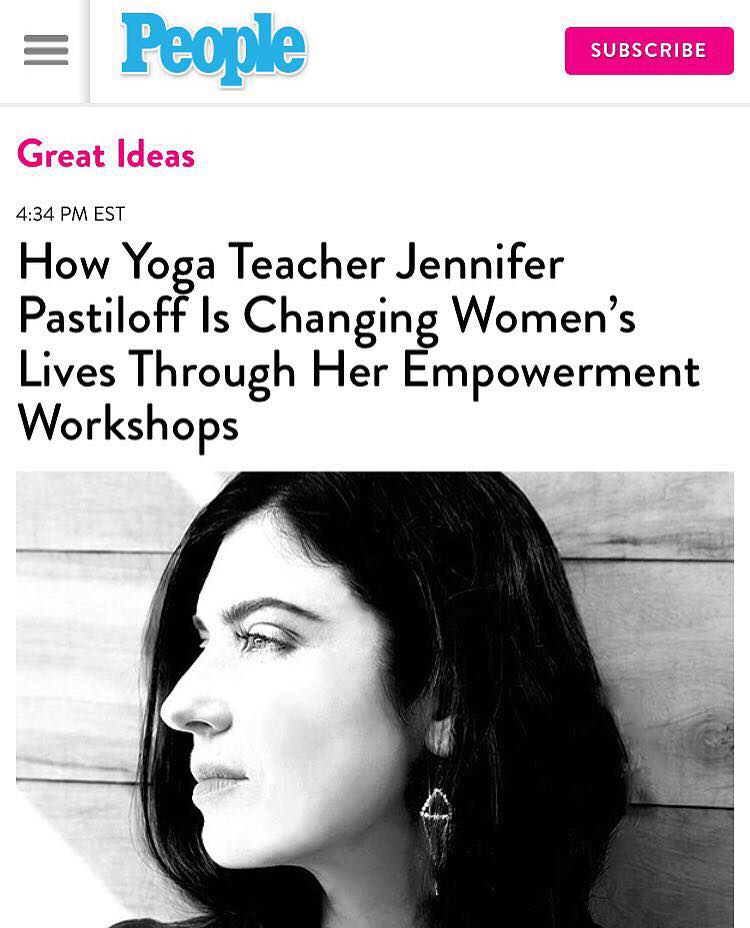By Sarah Werthan Buttenwieser
When one of my kids hurts: I want to make everything better. I’ve felt that way since they were tiny. Pat the backs, rub the tummies, and kiss away the tears.
Help isn’t so simple as a desire to offer it, though. I’ve learned this the hard way. You are only as happy as your most unhappy child. That’s a cliché that proves, in so many ways, correct. To grasp someone’s unhappiness is to develop not only empathy, but also strong holding muscles. In order to bear sadness yet not bow to it or get wholly bowled over by it, muscle walls must remain sturdy.
When my kid hurts, I don’t feel like holding strong. I feel like disintegrating into a powdery pulverization of sadness right alongside my child. I can’t cave in like sand at water’s edge every time a wave crashes. When someone’s hurting there are too many waves for everyone to disintegrate every time. Someone has to just hold—what? I guess to hold an understanding of the rhythms until that tossed about person can find a new place to stand, a little further from the ocean’s edge. Feelings require many things, and one is the ability to ride them out.
For a long time, my body leapt into fight or flight—adrenaline burst impulse of panic whenever I became aware of how deeply my child suffered. Flooded, I couldn’t calm my own fears.
I realized, slowly, that I needed boundaries, imagined walls strong enough to hold me as a separate person but not so rigid or impenetrable as to resemble a fortress. Beyond walls, I needed flexibility enough to hold firm and yet to acknowledge I wasn’t attempting to shun or shove away the struggles.
It wasn’t about armor. It wasn’t even about ease, because when you think about it love and tension remain close companions. Love is about how close, how far, how to connect, how to be honest, how to hold, how to let go… Think about it. Love isn’t simply ease, although ease is part of love. And ease can’t appear without tension. Ease isn’t a blob; ease isn’t deadness.
Instead, the caring muscles get strong. From experience—you could even say, “practice”—I’ve learned how important words I didn’t contextualize so seamlessly before are, like “overwhelm.” Most simply put, no clinical terms necessary, “overwhelm” occurs when “too much” gains a stronghold. If every single person you can imagine yourself included, is constantly asked or asking to do more think of the pressure. So often the real trick is to do less and notice more. Here’s my hard-won discovery: overwhelm forces the issue. I didn’t know that. I thought with the right things to focus upon it’d be pretty simple to just… go.
Now that I don’t immediately revert to crisis mode, my physical body feels less zapped—substitute the words charged or zinged—by adrenalin these days. My heart, though, it sometimes feels as if electricity ran amok all over it. I feel zingy. It’s not like any description of a heart attack. I don’t really feel my heart is compromised. I feel heart-strong, but heart-challenged.
I can imagine that I’m an emotional ultramarathoner—efficient toward some long haul, although I have no idea what it really looks like to train for a long haul. I found myself in this mega-training completely by accident. What to do? I guess I’ve slowed down my expectations. I’ve taken those principles about “don’t overwhelm” to myself.
I didn’t want to be an ultramarathoner. Yet here I am. I am slow and increasingly steady, although I am exhausted and still in need of a way to find a few more vistas, a deeper appreciation for blue sky or clouds or even rain showers. I need to keep eyes on the prize for my most unhappy child to get a little happier, step by rocky step. I need appreciate the steps as beautiful, the rocks that catch sunlight, which they do, and are especially shiny when I look.
**
I know this essay relies on metaphor and does not disclose details, which is a conscious decision. It’s difficult to bring emotional struggles to light in a respectful way. I’ve focused on my experience as parent and hope these specific suggestions root all metaphors into action.
So, here are thirteen things that can help you when a kid is in crisis:
- Acknowledge it
- Keep asking specific feeling questions
- Take it seriously
- Seek help—for your kid
- Seek help—for yourself
- Pay attention
- Breathe
- Affirm—how great your kid is, how much you love your kid, how great you are for continuing to pay attention
- Get support
- Sleep
- Eat
- Exercise
- Believe, trust, hope, pray, meditate, curse, scream, laugh—whatever floats your boat
Sarah’s work, in addition to appearing here, has recently found homes at Washington Post on Parenting, New York Times (Motherlode), and Full Grown People. She also has an essay on the new Motherwell Magazine.



